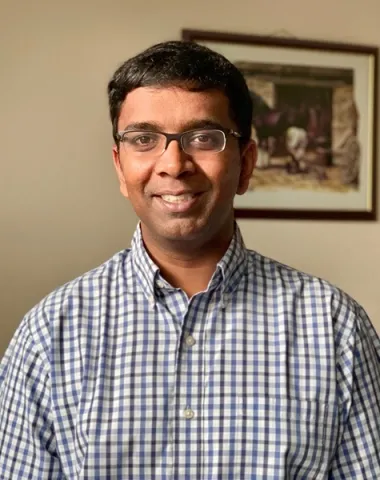Project overview
Introducing porosity onto an aerofoil has been shown to have a significant influence on the boundary layer and provide significant reduction in its noise radiation. This project describes a multi-disciplinary research project aimed at understanding and exploiting the interactions between porous aerofoils and incoming turbulence for the purpose of optimising noise reductions without compromising aerodynamic performance. The use of adaptive manufacturing technology will be investigated for providing the optimum porosity at different operating conditions.
The introduction of porous leading and trailing edges onto an aerofoil has been shown to reduce leading edge noise by up to 12 dB and trailing edge noise by up to 15 dB. Their noise reduction mechanisms are still poorly understood but is believed to be a combination of viscous damping effects and effects related to the interaction between the pressures on the upper and lower surfaces.
The primary aim of this project is to provide insight into this mechanism and to provide substantially improved performance and further development of innovative control techniques based on similar physical principles.
The introduction of porous leading and trailing edges onto an aerofoil has been shown to reduce leading edge noise by up to 12 dB and trailing edge noise by up to 15 dB. Their noise reduction mechanisms are still poorly understood but is believed to be a combination of viscous damping effects and effects related to the interaction between the pressures on the upper and lower surfaces.
The primary aim of this project is to provide insight into this mechanism and to provide substantially improved performance and further development of innovative control techniques based on similar physical principles.
Staff
Lead researchers
Other researchers
Collaborating research institutes, centres and groups
Research outputs
Sergi Palleja-Cabre, Paruchuri Chaitanya, Phillip Joseph, Jae Wook Kim, Matthew J. Priddin, Lorna J. Ayton, Thomas F. Geyer & Tze Pei Chong,
2022, Journal of Sound and Vibration, 541
Type: article

